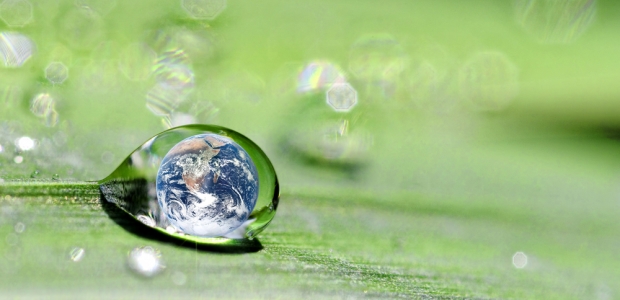
The U.S. Water Alliance (USWA) has revealed the three winners of its fifth-annual U.S. Water Prize for 2015.
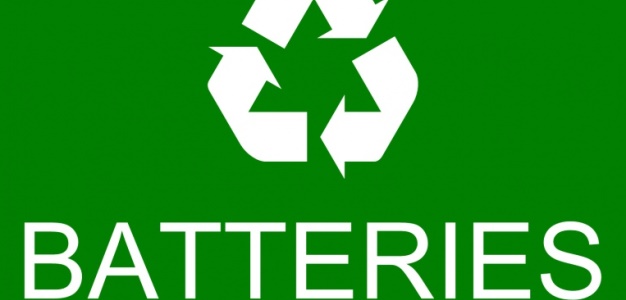
"Since we measure our success by weight, this latest year of growth is even more impressive given that consumer batteries are getting smaller, lighter, and lasting longer than in previous years,” said Carl Smith, CEO and president of Call2Recycle, Inc.

ABB and Solar Impulse have formed an alliance ahead of the plane’s historic round-the-world journey, championing the role of innovation and technology in reducing resource consumption.
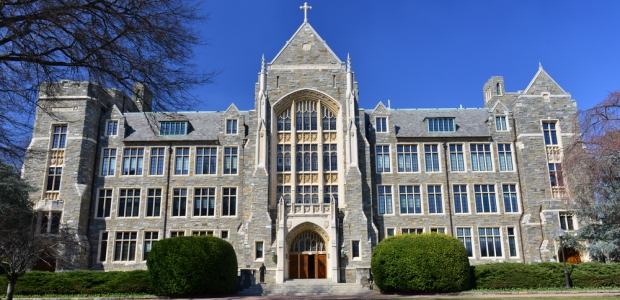
A new list by OnlineSchoolsCenter.com has recognized top 50 green colleges and universities in the United States.

Going into the New Year, the USGS reflects on the natural hazards of 2014 as a reminder of the dangers we face and the need for preparedness to save lives and property.

A Khulna University team's study reveals the food chain of aquatic species living in the Sundarbans has been severely disrupted by the December 2014 Sela River oil spill.
- By Abu Saleh Md Golam Kibria
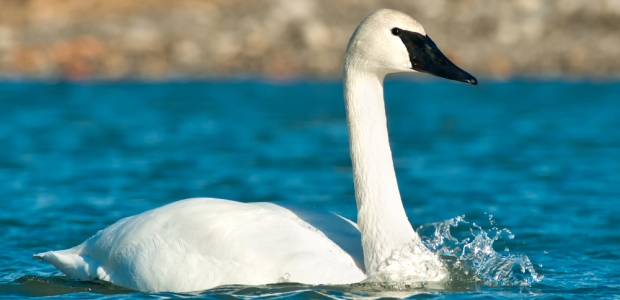
A panel of the U.S. Court of Appeals for the District of Columbia Circuit ruled unanimously Dec. 23 that EPA cannot regulate spent lead bullets and shot.

The National Hockey League announced a new partnership with Constellation, an energy and services company, that makes the company its official preferred energy provider. The league calls it the most significant environmental partnership of any sports league in the world.

A new economic and policy analysis concludes that the hydraulic fracturing (HF) or “fracking” being done in Texas is adding to the state’s overuse of its water resources, but is only part of the state’s water problem.

The order for 365 V52-850 kW turbines was placed by Lake Turkana Wind Power Ltd. The project is expected to be Africa's largest wind power plant when completed in 2017.
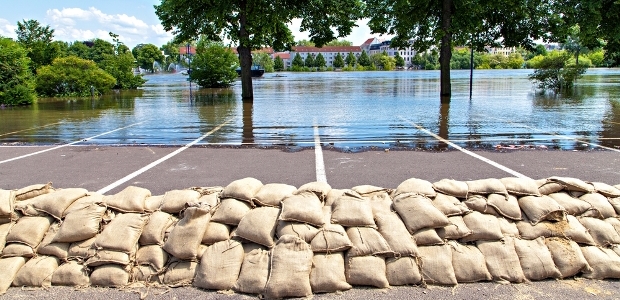
Disasters such as floods and storms have led to several high-profile disruptions of Europe's transport network over the last few years. As the climate changes, the transport system urgently needs to adapt, according to a new assessment.

A newly released interactive California Drought visualization website aims to provide the public with atlas-like, state-wide coverage of the drought and a timeline of its impacts on water resources.
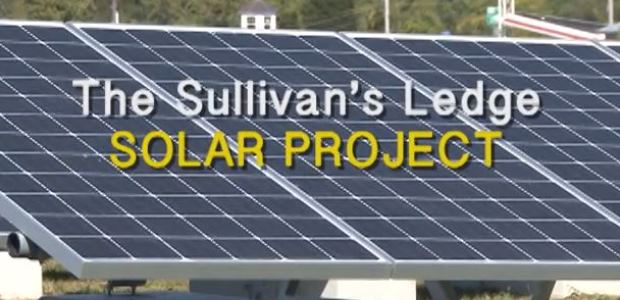
The Sullivan's Ledge and Iron Horse Park project teams received them in recognition of their efforts to place solar farms on two federally listed sites in Massachusetts.
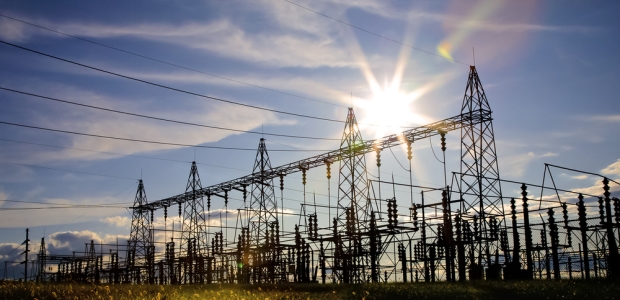
According to E2’s comments, better modeling for the potential of renewables and energy efficiency would strengthen plan.

The California Public Utilities Commission approved it Nov. 20.
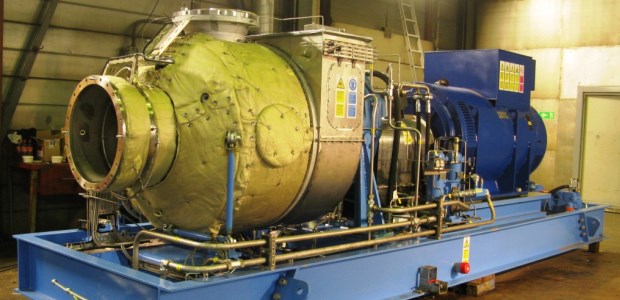
"Most industries that currently flare their waste gases will soon be able to use these waste gases productively while also significantly reducing their emissions of waste gases into the atmosphere. This is great news for our world's air quality and great news for the financial bottom lines of the industries that currently emit these greenhouse gases into the atmosphere," said Alain Castro, CEO of Ener-Core.

A poll of 1,335 sportsmen and women in 11 states in the heart of greater sage-grouse country showed a majority support restrictions in important habitat to save the bird and avoid its placement on the federal Endangered Species List.
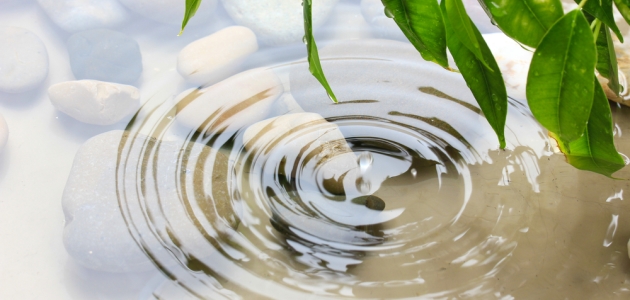
“Waters of the U.S.” is a new proposed rule that aims to ensure every American has safe drinking water by improving and revising current pollution laws.
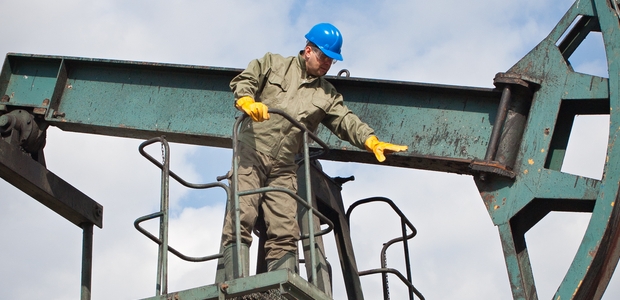
Available technology, such as AWG, can reduce the draw on municipal resources in water-starved locations and provide a cost-effective way for drillers to continue their operations without being a drain on local resources.
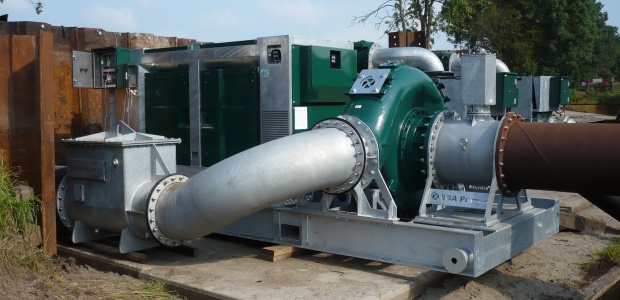
The project started with temporary equipment -- three new diesel-powered pump units from BBA Pumps -– being installed. They will take over from the pumping station without any loss of capacity, the Dutch company announced.